US Carries Out First Federal Execution In 17 Years
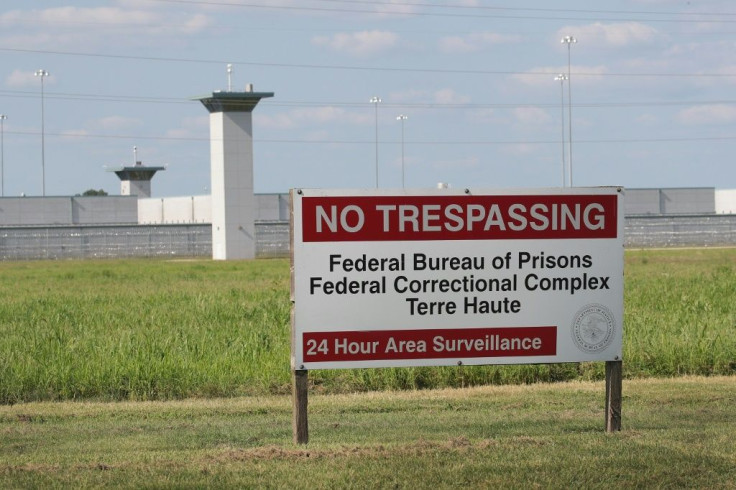
A former white supremacist convicted of the 1996 murders of a family of three was put to death by lethal injection on Tuesday in the first federal execution in the United States in 17 years.
Daniel Lewis Lee, 47, was pronounced dead at 8:07 am (1207 GMT) at Terre Haute prison in the Midwestern state of Indiana, the Justice Department said.
Lee was the first of three federal inmates scheduled to die this week after President Donald Trump ordered a resumption of capital punishment at the federal level.
Lee and another man, Chevie Kehoe, were convicted in Arkansas in 1999 of the murders of gun dealer William Mueller, his wife, Nancy, and her eight-year-old daughter, Sarah.
According to prosecutors, the pair robbed Mueller to steal cash and guns to finance the founding of a white supremacist "Aryan Peoples Republic" in the Pacific Northwest.
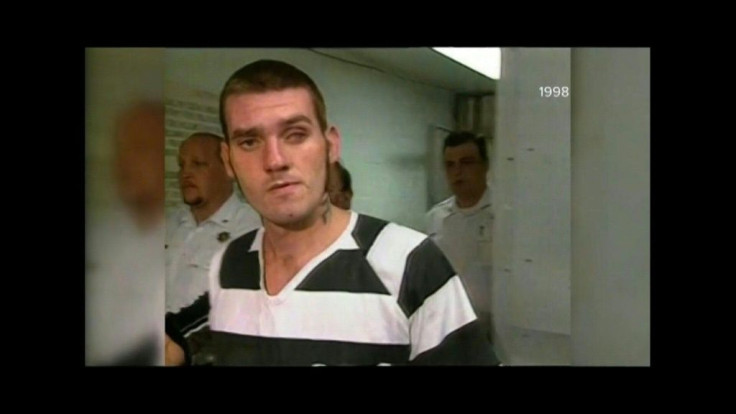
"After robbing and shooting them with a stun gun, Lee duct-taped plastic bags around their heads, weighed down each victim with rocks, and drowned the family," Attorney General William Barr said. "Today, Lee finally faced the justice he deserved."
Lee -- who had since renounced his white supremacist beliefs, according to his lawyers -- was sentenced to death while Kehoe received life in prison.
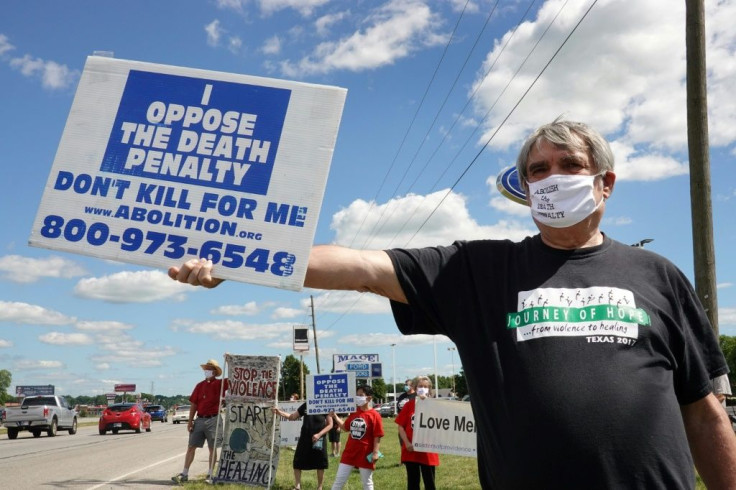
"You're killing an innocent man," the Indianapolis Star quoted Lee, who was originally from Oklahoma, as saying in his final statement.
Lee's execution had been scheduled for Monday but was temporarily halted by a judge to allow for legal challenges to the drug that was to be used to put the federal inmates to death.
US District Judge Tanya Chutkan said the single drug, pentobarbital, may cause "extreme pain and needless suffering" -- and violate a constitutional ban on cruel and unusual punishment.

The Supreme Court, in a 5-4 ruling, lifted the judge's order overnight, however, and cleared the way for the federal executions.
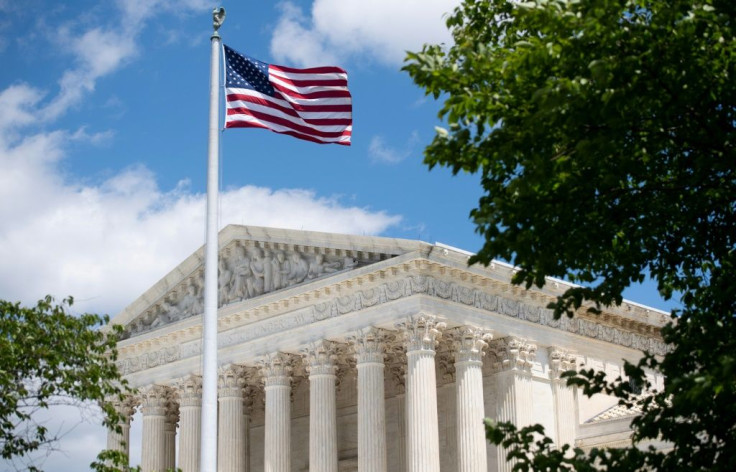
According to Ruth Friedman, one of Lee's lawyers, he was strapped to a gurney for four hours while the final appeals were dealt with.
"It is shameful that the government saw fit to carry out this execution during a pandemic," Friedman said, and "when the judges in his case and even the family of his victims urged against it."
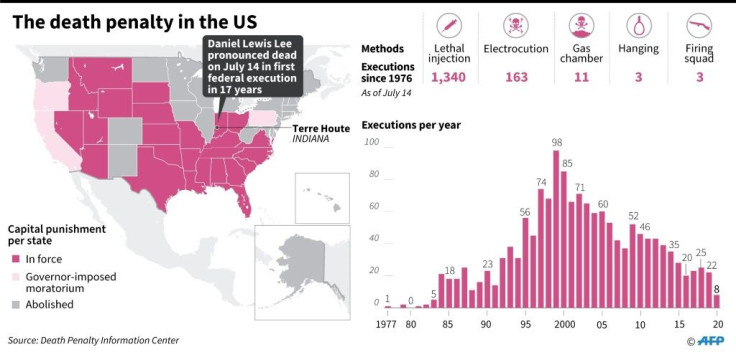
Earlene Peterson, 81, whose daughter and granddaughter were killed, had campaigned against Lee's death sentence, saying she wanted him to spend the rest of his life behind bars.
Peterson and other relatives had sought to attend Lee's execution and sought to delay it on the grounds the coronavirus crisis made it too risky for them to travel to Terre Haute.
An appeals court dismissed their suit on Sunday, and it was also rejected by the Supreme Court.
Two other federal executions are scheduled for this week.
Wesley Ira Purkey, 68, is to be put to death on Wednesday for the rape and murder of a 16-year-old girl.
His lawyers have filed court motions seeking to prevent the execution, claiming he has dementia.
"Wes Purkey is a severely brain-damaged and mentally ill man who suffers from Alzheimer's disease," said Rebecca Woodman, one of his attorneys.
"He has long accepted responsibility for the crime that put him on death row, but as his dementia has progressed, he no longer has a rational understanding of why the government plans to execute him."
Dustin Lee Honken, 52, is to be executed on Friday for five murders including those of two girls aged 10 and six.
The death penalty was reinstated on the federal level in 1988 but had been used on only three occasions before Lee's execution, the last time in 2003.
More than 1,000 US religious leaders urged Trump last week to abandon plans to resume federal executions.
Trump, who faces a tough reelection battle in November, has called for stepped-up use of capital punishment, especially for drug traffickers and killers of police officers.
Only a handful of US states, mainly in the conservative South, still actively carry out executions. In 2019, 22 people were put to death.
Most crimes are tried under state laws, but federal courts handle some of the most serious offenses, including terror attacks, hate crimes and racketeering cases.
Among the most notable recent federal executions was that of Timothy McVeigh, who was put to death by lethal injection in 2001 for the 1995 bombing of a federal building in Oklahoma that killed 168 people.
© Copyright AFP {{Year}}. All rights reserved.





















